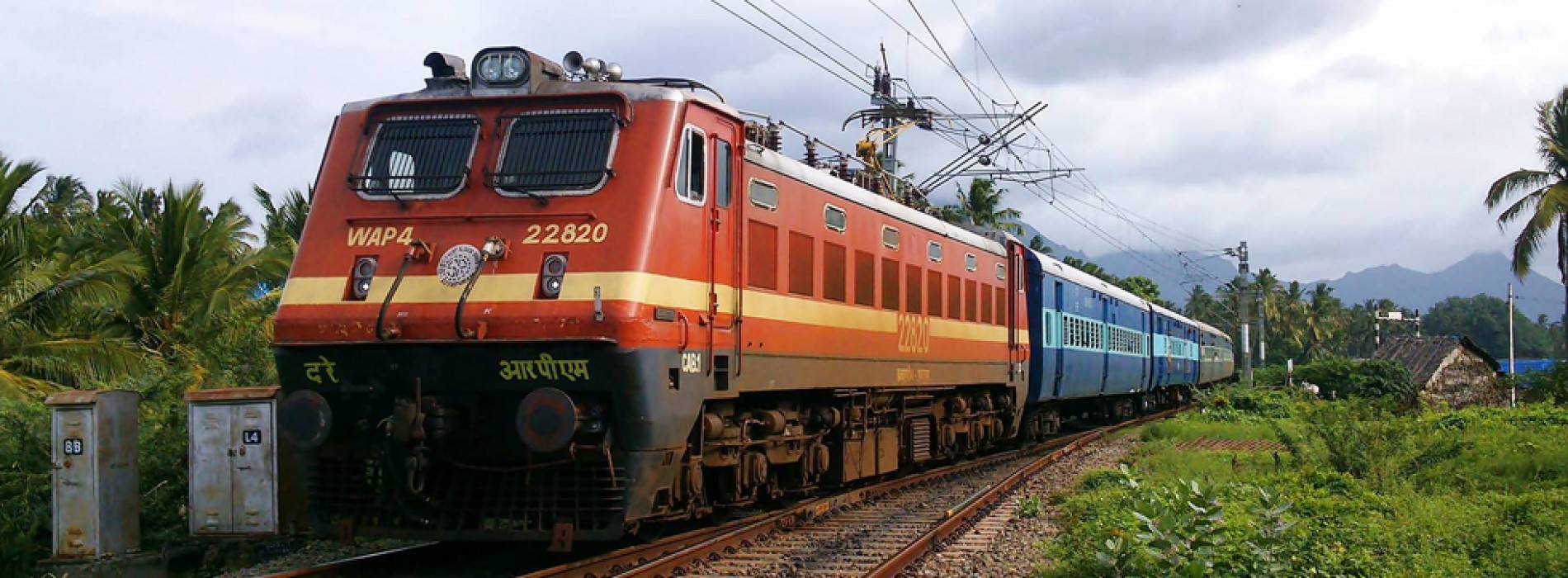Railways targets 100% Wi-Fi enabled stations across India by 2019 at cost of Rs. 700 crore
The Indian Railways is promising free Wi-Fi at speeds of 20-40 MBPS in 257 railway stations in the country, which is better than what we get at most homes. Not only that, the railway ministry is now ambitiously looking at equipping each and every railway station across the country, numbering nearly 8,500, with Wi-Fi facilities at the cost of Rs 700 crore. The ministry timeline targets 600 Wi-Fi enabled railway stations by March 2018 and 100 per cent station Wi-Fi coverage by March 2019.
The Station Wi-Fi project, launched in 2016 as part of Prime Minister Narendra Modi’s Digital India initiative, provides free Internet to passengers under Railwire, the retail broadband distribution model of RailTel Corporation of India Limited. RailTel is a Mini Ratna PSU and one of India’s largest neutral telecom infrastructure providers owning a pan-India optic fiber network on exclusive Right of Way (ROW) along railway tracks that has roped in Google to provide tech support and set up the wireless infrastructure. Around seven million rail passengers are already benefiting from this facility but it is currently limited to select A1, A and some B-listed stations only.
As per the plan finalised at a recent railway ministry meeting, 1,200 stations have been identified for this facility to primarily cater to rail passengers. Significantly, a whopping 7,300 stations have reportedly been earmarked to also serve the local population in rural and remote areas – in addition to train commuters – to promote e-governance as part of the digital makeover of rural India. According to media reports, railway stations in rural areas will have Wi-Fi enabled kiosks that will become digital hotspots offering services such as digital banking, tax filing, paying bills, Aadhaar generation, issuing government certificates, including birth and death certificates, among others. The kiosks will also enable the local populace to order and receive goods from e-commerce portals. “These kiosks will be operated at stations with private participation for the local population,” said a senior Railway Ministry official, adding, “The modalities of setting up such digital hotspots are being worked out with the Telecom Ministry.”
Presently, RailTel has created over 45,000 km of optic fiber network connecting over 4,500 cities and towns on the network. But the ministry’s plan for 100 per cent Wi-Fi enabled stations in the next 14 months seems overtly optimistic considering that since February 2017, only 142 additional railway stations have been included in the project. According to Inc42 Media, work is in progress at 161 more railways stations but it is slow going due to a limited number of partners like Google coming on board.
The free Wi-Fi service works on a model where there is no cap on the volume of data consumed. However, as there are no free lunches in the world, after the first 30 minutes of usage, the Internet speed one would enjoy would be gradually reduced. But it’s still free, and fast. Wondering what’s in it for Google, apart from public gratitude? “For Google, this is an ecosystem project. Our idea with this is to make sure there is more and more broadband adoption. The more the adoption, the more people come online, and the greater the economic impact. When there is economic impact on digitization, we get directly impacted because we are a stakeholder in the digitization of the country,” Gulzar Azad, head of connectivity, Google India had explained earlier. And the Indian Railways gets less irate customers.
You might also like
Airbnb to bring festival of hosting to Los Angeles
Ashton Kutcher, Gwyneth Paltrow, Elizabeth Gilbert, Brian Grazer and many more lined up to speak at the three day festival that aims to re-imagine the future of travel and hospitality!
Radisson Hotel Group accelerates expansion in China
Radisson Hotel Group is accelerating its expansion plans in China, one of the world’s largest and most dynamic travel markets, with key appointments, landmark hotel signings and new openings. Radisson
Fully vaccinated travellers can now enter Switzerland
The Swiss Government along with the Federal Office of Public Health (FOPH) eased restrictions for travel into Switzerland. As of 26th June 2021, travellers, irrespective of country of origin, who








